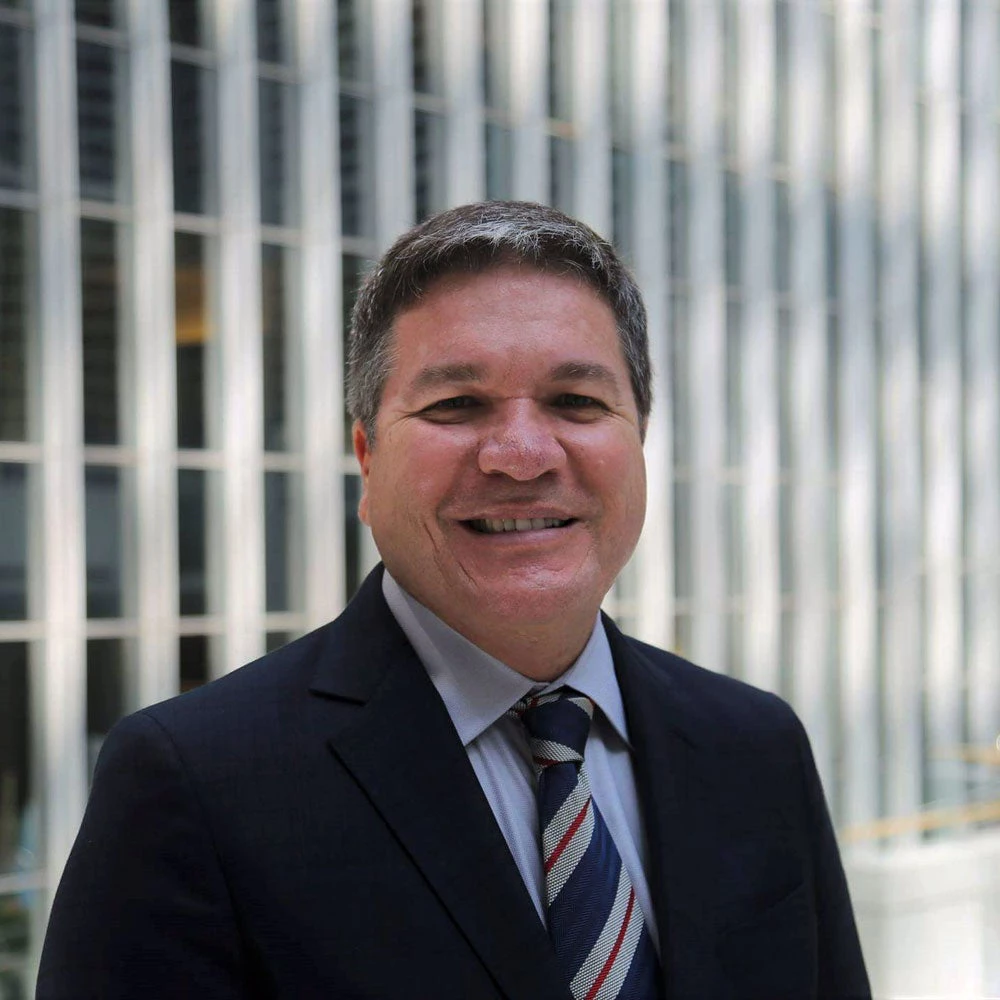The evidence suggests a country needs a tandem effort: Develop policies that strengthen macroeconomic fundamentals, and develop the domestic financial system. Together, these initiatives would bring the maximum benefits for long-term growth and stability. It would be an interactive process, with the two efforts reinforcing each other: Strengthened financial systems could be achieved in part by improving macroeconomic fundamentals, while better fundamentals would flow partly from better developed financial systems.
To be sure, a key part of better fundamentals is a more counter-cyclical fiscal policy, bolstered by the adoption of firm fiscal rules. These rules can increase the discipline and credibility of the fiscal authorities, who are often face political pressure to stray from the needed course.
In 2015, Grenada took decisive steps in the direction of better discipline. It adopted a comprehensive rules-based fiscal policy framework, along with various structural reforms. Together, these have brought significant improvement in macroeconomic fundamentals. This type of action could benefit the eastern Caribbean at large, given the similarities of the countries, and would go beyond making fiscal policy less pro-cyclical. It could also help the regions’ countries rein in unneeded fiscal expenditures and implement fiscal consolidation programs.
Many countries in similar situations have benefitted from the parallel creation of an independent fiscal council that monitors macroeconomic projections underlying the budgeting process and compliance with the fiscal rule. The eastern Caribbean could do well to go a step further and experiment with a regional fiscal council.



Join the Conversation